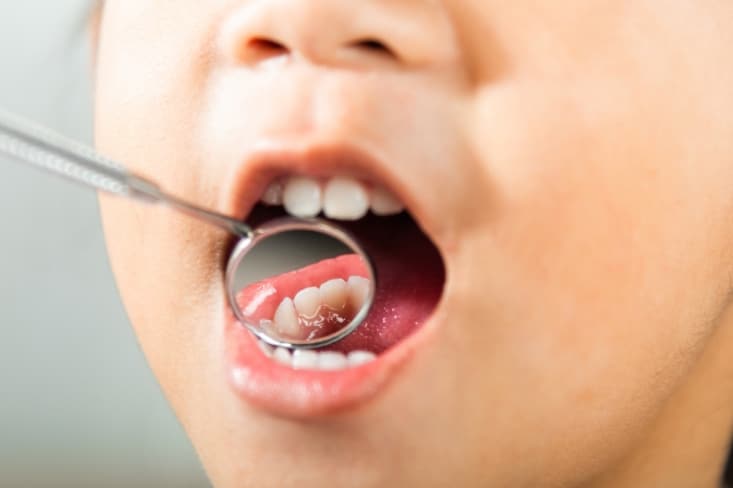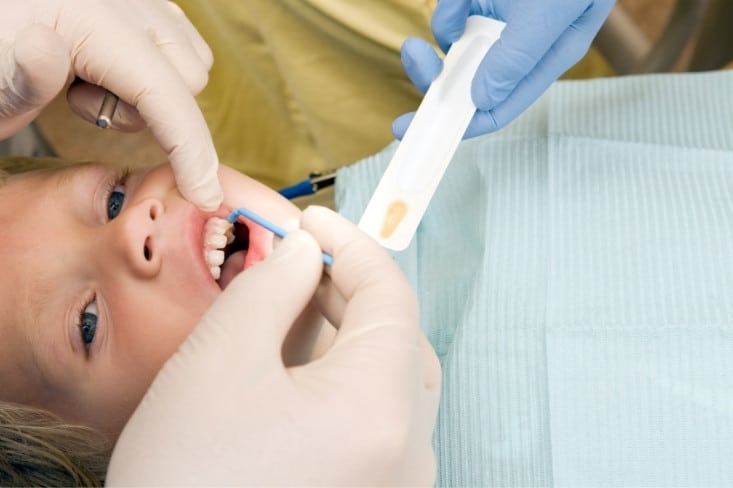
Flavored water has become a popular alternative to sugary drinks and sodas, often seen as a healthier choice for kids. However, many parents wonder if flavored water is really as benign as it seems when it comes to dental health. The truth is that while flavored water may seem like a better option than soda, it can still pose risks to children’s teeth. Understanding these risks and knowing how to mitigate them is crucial for maintaining your child’s oral health.
The Composition of Flavored Water
Flavored water typically contains added flavors and sometimes sweeteners to enhance its taste. The ingredients can vary widely depending on the brand and type of flavored water. Some common components include:
- Natural Flavors: These are derived from fruits or other sources to give the water its taste.
- Artificial Sweeteners: These provide sweetness without the calories of sugar but may still impact dental health.
- Acids: Some flavored waters contain citric or phosphoric acid to enhance flavor, which can erode tooth enamel over time.
How Flavored Water Can Affect Dental Health?
While flavored water is often marketed as a healthier option compared to sodas and juices, it can still have negative effects on dental health, particularly for children. Here’s how:
Acidic Content
- Enamel Erosion: Many flavored waters contain citric acid or other acidic additives. Acidic beverages can lower the pH level in the mouth, which can lead to enamel erosion. Enamel is the protective outer layer of the teeth, and once it’s worn down, it doesn’t regenerate. Eroded enamel can lead to increased sensitivity and higher susceptibility to cavities.
Sugar and Sweeteners
- Plaque Formation: Even though many flavored waters use artificial sweeteners instead of sugar, they can still contribute to plaque buildup. Plaque is a sticky film of bacteria that forms on teeth. When bacteria in the plaque break down sugars and sweeteners, they produce acids that can erode enamel and cause tooth decay.
- Increased Risk of Cavities: For flavored waters that contain sugar, the risk of cavities increases. Sugars provide a food source for bacteria in the mouth, leading to more acid production and a higher likelihood of cavities.
Frequent Consumption
- Extended Exposure: If children sip flavored water throughout the day, they’re giving their teeth prolonged exposure to acids and sweeteners. This extended exposure can increase the risk of enamel erosion and decay, as there isn’t enough time for the mouth’s natural defenses to neutralize the acids and repair the enamel.
Tips for Minimizing Risks
If your child enjoys flavored water, there are several strategies you can use to minimize potential dental health risks:
- Choose Low-Acidity Options
- Check Ingredients: Look for flavored waters with low or no added acids. Opt for products labeled as “natural” with minimal additives. Reading ingredient labels can help you make better choices.
- Encourage Water and Milk
- Opt for Plain Water: Encourage your child to drink plain water or milk instead of flavored options. These beverages are less likely to contribute to enamel erosion or plaque buildup.
- Limit Consumption
- Moderation is Key: Limit the amount of flavored water your child drinks, and avoid giving it to them throughout the day. Instead, offer it as an occasional treat.
- Promote Good Oral Hygiene
- Regular Brushing: Ensure your child brushes their teeth at least twice a day with fluoride toothpaste. This helps remove plaque and strengthens enamel.
- Flossing: Daily flossing helps remove food particles and plaque from between teeth and along the gumline.
- Rinse After Drinking
- Rinse with Water: Encourage your child to rinse their mouth with plain water after drinking flavored water. This can help wash away acids and sweeteners and reduce their impact on teeth.
When Should You Consult With A Pediatric Dentist?
Regular visits to a pediatric dentist in San Antonio are essential for monitoring and maintaining your child’s oral health. A pediatric dentist can:
- Assess Dental Health: Evaluate the condition of your child’s teeth and enamel, and identify any early signs of erosion or decay.
- Provide Professional Advice: Offer tailored advice on dietary choices and oral hygiene practices that can help protect your child’s teeth from damage.
- Address Concerns: Discuss any specific concerns you have about flavored water or other dietary habits that may affect your child’s dental health.
While flavored water may be a more appealing option compared to sugary sodas and juices, it still carries potential risks for dental health, especially when consumed frequently. The acids and sweeteners found in flavored water can contribute to enamel erosion and increase the risk of cavities. By choosing low-acidity options, promoting good oral hygiene, and consulting with a pediatric dentist in San Antonio, you can help protect your child’s teeth and maintain their oral health. Keeping these considerations in mind ensures that your child’s smile remains healthy and bright for years to come.







